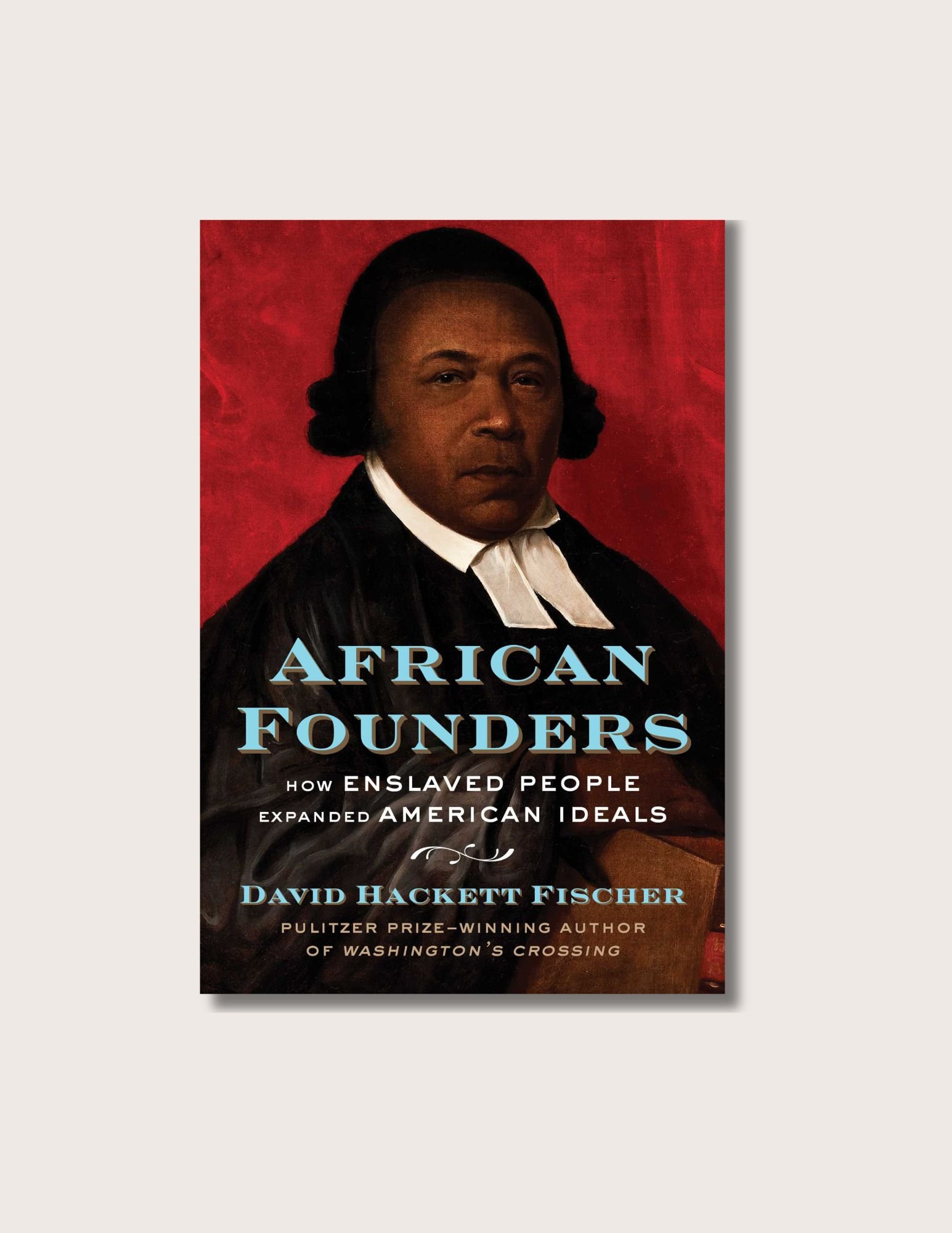Reviews
“An almost unimaginable breadth of research, information and ambition. . . . Drawing on extensive recent work by historians on the demographics of the slave trade, Fischer traces the multiple African sources of the waves of importations from the 17th to the early 19th century, offering a rich portrait of the variety of cultures and places from which captives came. . . . He has been hailed as an accomplished historical storyteller who can capture a general reader, and those skills are evident here.” -- Drew Gilpin Faust ― The New York Times
"In a work of phenomenal scope and decades of research across three continents, Fischer delivers a masterpiece of cultural and demographic history. He gives deep grounding to the cliché of diversity in our past, and through a wealth of anecdotes and stories, shows that Africans and African Americans were the agents of the pluralism and syncretism that drove the development of early America. Every student of African American history will learn anew from this book, scholars and general readers alike. Rarely have American regions, the question of race, and the whole story of a society been captured so powerfully. It is a book to be mined for knowledge and savored with joy." -- David W. Blight, Pulitzer-Prize winning author of Frederick Douglass: Prophet of Freedom and Sterling Professor of History, Yale University
"Emphasizing regional variations and the agency of individuals, Pulitzer Prize–winning historian Fischer shows how Africans responded to racial slavery in ways that ultimately redefined and expanded American notions of freedom. . . . Informed by a mountain of quantitative and narrative sources and leavened by Fischer’s travels on both sides of the Atlantic, this is a comprehensive demographic history with a powerful and important corrective thesis." ― Booklist
Additional Details
Simon & Schuster (May 31, 2022)
Hardback
960 pages
Ships to the US in 7-10 business days







